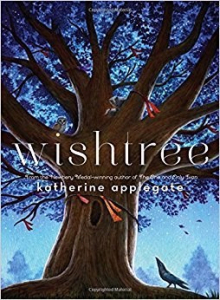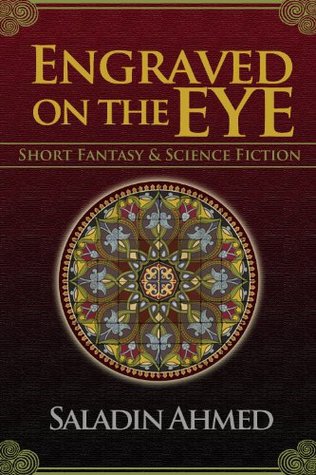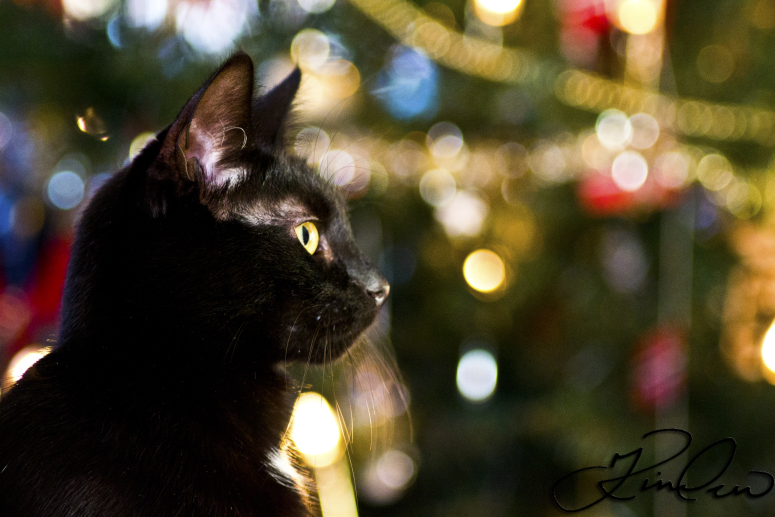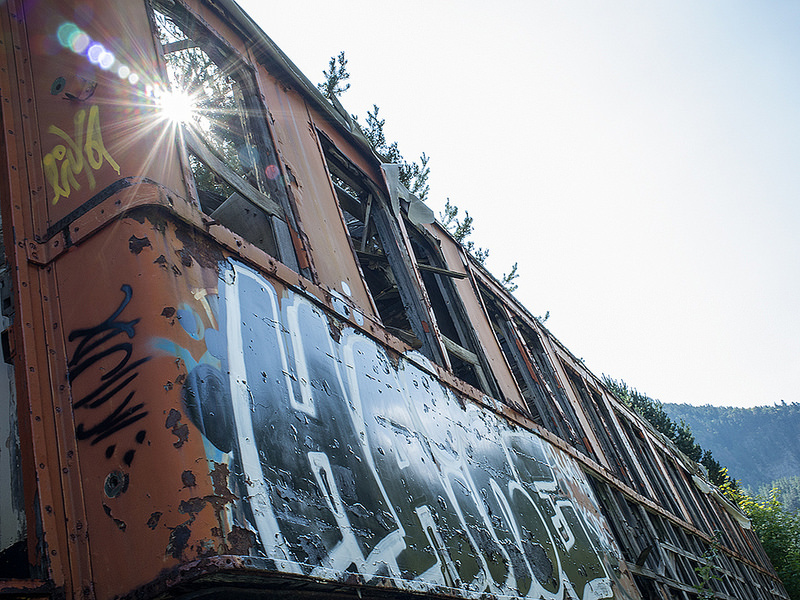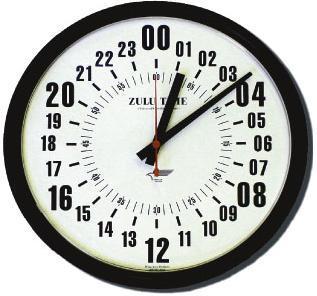
Our time on this Earth is a momentous gift. For each of us, deciding how we will use that gift is an enigma.
Three seconds
What will you do with your three seconds? How well will you fare with your fleeting speck of time in the procession of humankind’s pageant on Earth?
Three seconds. That is all the time we have, in a relative sense. Human beings appeared in a flash of evolution and dominated the Earth as fast as the minute hand could sweep the face of the anthropological clock. Our survival was something of a miracle for two million years, and then the miracle became a swarm. We became preeminent, populous and capable of altering the natural forces of this world. This power seemed a godsend for a time, and then it became a runaway engine. We have much to account for, and we each have our three seconds to try to balance our debts.
Homo habilis, the first creature that many anthropologists regard as human, sweated under the Sun and looked up in wonder at the Moon 2.4 million years ago. Compared to the age of the Earth – 4.5 billion years according to the best estimates of geologists, astronomers, and mineralogists – mankind’s story is not long.
Within the grand pageant, each person’s story is a snapshot, a flash of light. Our time on this Earth is a momentous gift. For each of us, deciding how we will use that gift is an enigma.
The phenomenon we call life did not occur until 3 billion years ago, and 2 billion years ago there was not yet enough free oxygen in Earth’s atmosphere to support life forms more complex than algae. Primitive photosynthetic plants began releasing more and more oxygen, a gas that was a deadly poison for virtually all life forms that developed before the air contained so much of the stuff, and there was a mass extinction of organisms that could not tolerate high oxygen levels (although algae, judging by the agricultural chemical-polluted waters of the North Country, continue to do quite well in an alien atmosphere).
About 1.8 billion years ago, the forms of life with which we are more familiar began to develop, mutate, and evolve apace. Evolution and proliferation of oxygen-breathing and water-dependent organisms exploded around the globe, both in the plant and animal kingdoms. They thrived and dominated.
Late in the game, very late, hominins emerged into this rich panoply of life, about 2.4 million years ago. But even that relatively short span of time in the history of the Earth is impossible for me to comprehend because I am limited, both intellectually and emotionally, to measuring and evaluating time in human terms.
It is useful, therefore, to use the representative model of the 24-hour clock when considering our brief time on Earth. Think of the era of humankind on the planet in terms of one full day, logged in “military time,” 01:00 hours through 24:00 hours. This is convenient because each hour of that symbolic day of man’s tenure represents about 100,000 years.
On the face of that clock, modern man (Homo sapiens – our species) has existed about two hours, the last two hours of this “day,” from 22:00 to 24:00 hours, 10 p.m. to midnight. In comparison, one of our contemporary hominin species, Neanderthal man (Homo neanderthalensis), dwelt here about five and one-half hours, clocking in at about 18:00 hours and going extinct at about 23:30 hours, for reasons we do not yet understand.
Civilization – societies with agriculture, specialization of labor, cities, social stratification, and technologies intended to control natural environments – took hold of humankind’s fortunes about 10,000 years ago. Look at the clock: 23:54 hours. Only six minutes before midnight, the end of the day, this very moment in time.
The Industrial Revolution began at 23:59:51, nine seconds ago. The United States emerged from World War II as the world’s leading nation at 23:59:57.5, only two and one-half seconds ago.
About three seconds, that is the blip of time each of us has on the symbolic 24-hour clock. Three seconds represents a little over eighty-three years; five years longer than the average life span of someone in the United States, about a half year shorter than someone in Japan or Italy or Switzerland, about ten years longer than someone in Colombia or Morocco. Our Biblically prophesied three score years and ten is about 2.52 seconds.
We hear daily that we are destroying the Earth. That is untrue. We cannot destroy the Earth. It will go right on orbiting the Sun and rotating on its axes for another three or four billion years. What we are doing is destroying the Earth environment that supports human life.
The Earth has experienced many “mass extinctions” and recreated itself as a different sort of planet each time. It will do so again.
The difference this time is that the cycle of extermination and replenishment will not have been caused by a force of nature – a sudden cataclysmic collision with a meteorite or a billion-year-long evolution of protozoan species – but by a lifeform that intentionally obliterated, in less than five minutes on the symbolic clock of humankind’s time on Earth, the natural resources on which its existence depended.
In all probability, this collapse into the pending cycle of extinction will not affect me personally, since I have only a few tenths of a second remaining on the clock. And I doubt that the collapse can be averted, looking at the history of mankind’s hunger to consume the resources of the planet and knowing that soon there will be eight billion of us populating it.
But on our North Country farm we installed solar panels to generate all the electrical power we consume, we plant a garden every year, we plant trees, we conserve, we preserve… We try to return to the Earth more than we take away. In this civilization, in this era of human history, that may not be possible.
Still, we do what we can with our three seconds. To do otherwise, it seems to me, would diminish the story of that miraculous pageant that began 2.4 million years ago. It would mean that at the end of our biological and intellectual and cultural evolution, we humans aspired not to be saints but scoundrels. And I don’t want the final chapter to read that way.
_______________________________________________
More stories about life in the North Country are published in four collections of essays and two novels, all available through Amazon.com Jerry Johnson Author Page
Advertisements Share this: